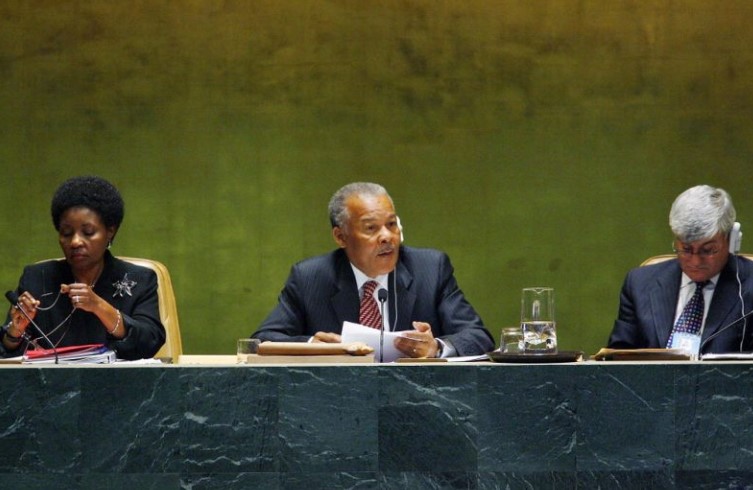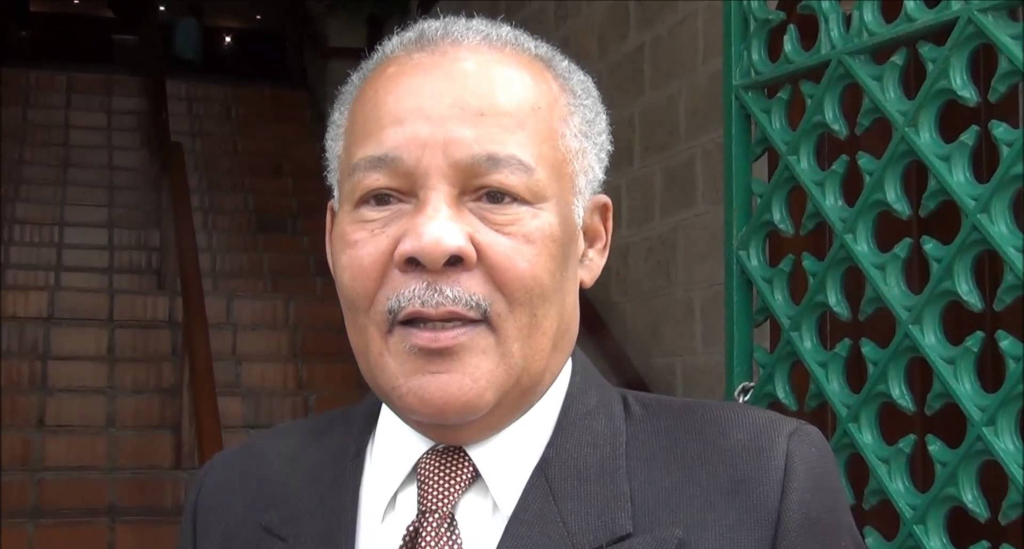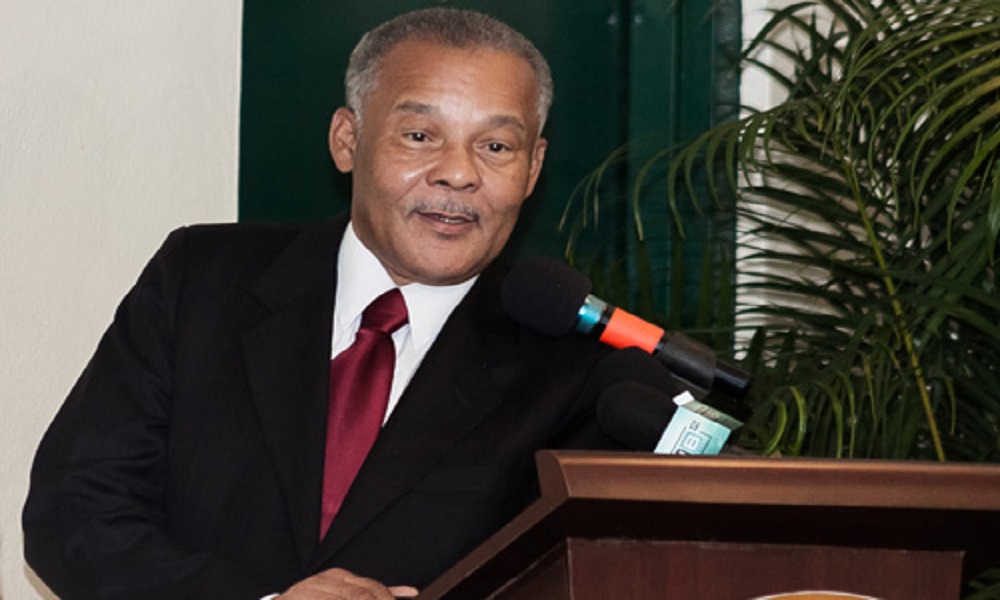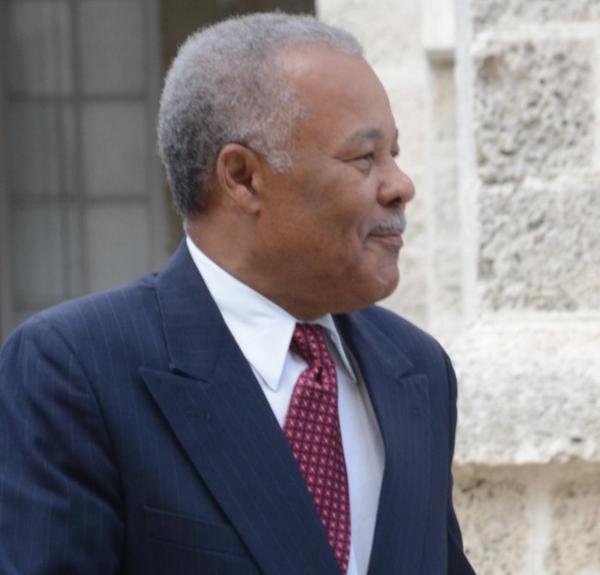The ex-prime minister of Barbados, Owen Seymour Arthur, died on July 27, 2020, at the age of 70.
He was described by fellow Caribbean leaders as “an ardent regionalist” who was “passionate about his country.” Barbados declared three days of mourning in his honor.
Arthur will be remembered as a leader whose knowledge of economics manifested in his uncanny ability to gauge the fiscal realities of a small island developing state like Barbados, and who distinguished himself politically, socially, and economically as both a sage and a charismatic presence.

He led the Barbados Labour Party as the country’s fifth prime minister from 1994 to 2008, serving in the House of Representatives for the parish of St. Peter, where he was raised.
Arthur did his secondary education at the prestigious Harrison College and went on to study economics and History at The University of the West Indies’ (UWI) Cave Hill campus in Barbados. He subsequently gained his Master’s Degree in Economics at The UWI campus in Mona, Jamaica.
Arthur’s emphatic and down to earth style of leadership seemed to come at the perfect time for Barbados. His efforts to revive the country’s foundering economy proved successful: during his tenure, he slashed Barbados’ unemployment rate in half, from over 20 percent to approximately nine percent between 1994 and 2000. Mention was often made of his brilliance and how this coexisted with a lack of pretense and easy approachability.
He also gained significant international recognition as the first Caribbean leader to make an official visit as the guest of honor at the 90th Session of the International Labour Conference in 2002. At the event, Arthur delivered a searing indictment of the linkage of labor standards and trade and challenged the International Labour Office (ILO) to prioritize the enforcement of labor standards in both developed and developing countries.

Over the years, he had been appointed to numerous commissions and consultancies, including the Commonwealth Observer Mission to Guyana’s general and regional elections. He also served as chairman of the Commonwealth Ministerial Action Group on the Small States and co-chair of the global forum to focus on the Organisation for Economic Co-operation and Development’s (OECD) Initiative on Harmful Tax Competition.
Barbados’ sitting prime minister, Mia Mottley, lauded Arthur’s tireless work ethic, noting that he was “was never overwhelmed by the task at hand” and praising his economic reforms as “his greatest domestic legacy”.
Just as significant was Arthur’s proposal during his 2003 election campaign to hold a national referendum to put forward revisions to Barbados’ Constitution, a move geared towards replacing the British monarch with a president as head of state.






















